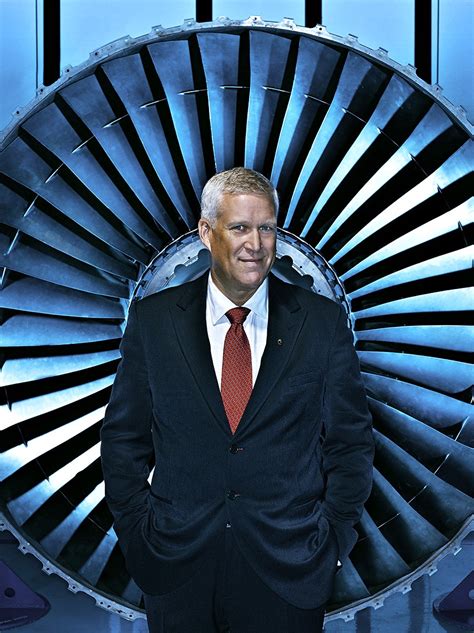A Quote by Nicola Sturgeon
London has a centrifugal pull on talent, investment and business from the rest of Europe and the world. That brings benefits to the broader U.K. economy.
Related Quotes
Italy is the fourth-largest economy in Europe and the eighth-largest economy in the world, and its banking system is collapsing. And Germany is desperate. It must maintain its standard of living. It can only do that with exports and Deutsche Bank is very exposed to Italian debt. But so is the rest of Europe.
People understand what is good for them in the long run. In the long run, what is good for people is that India's economy continues to grow at clipping pace, 8% and above, that itself brings host of benefits to the people. It brings better roads, it brings better schools, brings more money to the communities, it brings more jobs.
The impact of QE on generating more lending by Wall Street to Main Street and in generating more employment and increasing overall investment in the economy is quite modest. QE probably limited the initial collapse of the economy in 2008, and likely had a very small positive impact on economic growth, but its broader impact on jobs and growth in the economy seems not very big.
We have to live with the rest of the world. And it's a mistake, in my view. Trade has generally developed in this country. We actually export 12 or 13 percent of our GDP. It was only 5 percent in 1970. But it benefits us. It benefits the rest of the world. It doesn't benefit the steelworker maybe in Ohio. And that's the problem that has to be addressed, because when you have something that's good for society, but terribly harmful for given individuals, we have got to make sure those individuals are taken care of.

































